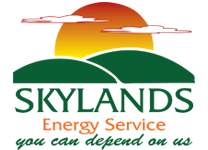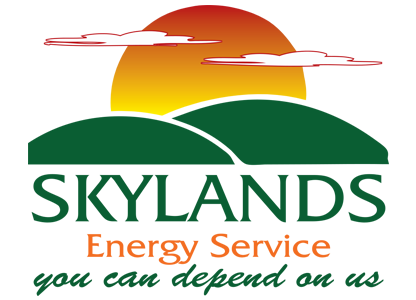
Choosing a new boiler requires understanding how it functions, how efficiently it uses fuel, and what long-term savings it offers. These factors are especially important when comparing condensing vs. non-condensing boilers. The main difference lies in how each system handles exhaust gases and recovers heat, which directly affects energy use and operating costs.
As a trusted HVAC provider serving homeowners throughout Central New Jersey, Skylands Energy Service offers expert advice to simplify complex decisions. In this article, we explain how these two boiler types work, highlight their benefits and limitations, and help you determine which option fits your home’s heating needs.
Reliable Heat Starts Here: Let Skylands Energy Service handle your boiler installation or replacement with precision and care. Call today.
Choosing the Right Hydronic System for Your Home: Condensing vs. Non-Condensing Boilers
Table of Contents
- 1 Choosing the Right Hydronic System for Your Home: Condensing vs. Non-Condensing Boilers
- 2 Understanding How Boilers Work
- 3 Boiler Maintenance and Upkeep Recommendations
- 4 Condensing vs. Non-Condensing Boilers: Common Questions
- 4.1 What Should I Know About Installing a Condensing Boiler?
- 4.2 How Does the Operating Cost of a Condensing Boiler Compare to a Non-Condensing Model?
- 4.3 Do Condensing Boilers Have Unique Maintenance Needs?
- 4.4 Can Existing Radiators Be Used with a Condensing Boiler?
- 4.5 How Do Condensing Boilers Affect the Environment Compared to Non-Condensing Models?
- 5 Conclusion
- 6 Contact Skylands Energy Service for Expert HVAC Solutions
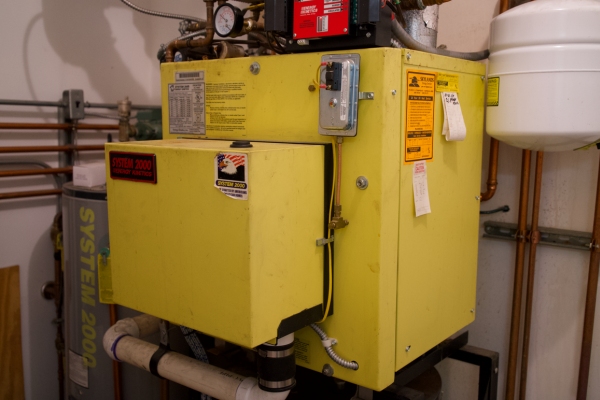
Understanding how each system performs is key to making an informed investment. Let’s begin by looking at how condensing and non-condensing boilers operate.
Upgrade to Efficiency and Comfort: Trust Skylands Energy Service for high-performing boiler systems designed to meet your home’s needs. Contact us now.
Understanding How Boilers Work

Boilers are vital in many heating systems, delivering consistent warmth to residential and commercial spaces. At their core, boilers heat water or another fluid type to generate steam or hot water. This heated medium is then transported through pipes to radiators or radiant flooring systems, allowing heat to be distributed uniformly throughout the building.
The development of boiler systems reflects a continuous path of progress and refinement. What began as basic coal-fueled units has advanced into modern systems known for their efficiency and precision. Over time, engineering, construction materials, and system design improvements have transformed boilers into safer, more powerful, and more eco-conscious heating options that meet today’s performance and environmental standards.
As we examine the distinctions between condensing and non-condensing boilers, it’s essential to recognize that both types reflect milestones in the continuing evolution of boiler technology.
Clear Guidance, Proven Results: Count on Skylands Energy Service for honest recommendations and expert heating solutions. Schedule your consultation today.
Exploring Non-Condensing Boilers
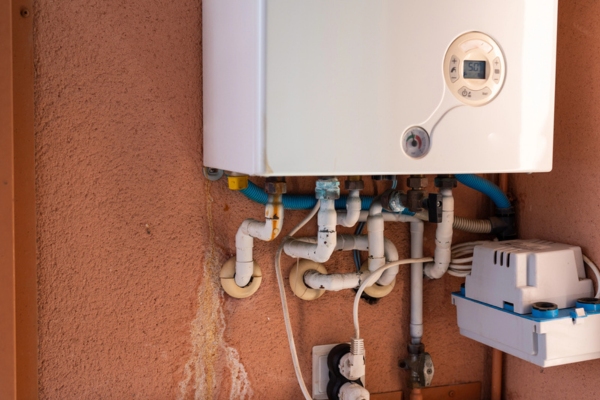
Non-condensing boilers are conventional heating systems that generate heat by burning fuel to warm water. During this process, hot flue gases are expelled through a chimney, allowing a portion of the heat to escape unused. Since these systems do not reclaim this lost heat, their efficiency is lower than that of more modern condensing models.
The main types are conventional boilers, ideal for properties with greater water needs thanks to their separate storage tank and hot water cylinder; system boilers, which house key components internally to save space; and combi boilers, which deliver heating and hot water on demand, so they are perfect for compact homes.
These units are appreciated for their simple construction, low maintenance needs, and cost-effectiveness, especially in aging properties. However, with an energy efficiency range of about 80-90%, they tend to incur higher running costs and contribute more to environmental strain than condensing models.
Skylands Energy Service advises weighing these factors carefully alongside your specific requirements and the long-term advantages of improved efficiency before selecting a boiler.
Efficient Heating You Can Rely On: Work with Skylands Energy Service for professional boiler services that deliver long-term value. Call now.
An Overview of Condensing Boilers
Condensing boilers represent a newer generation of high-efficiency heating systems. What distinguishes them is their ability to capture and recycle heat from the water vapor found in exhaust gases. This recovered heat boosts their performance, allowing efficiency ratings to reach 90% or more. Their advanced design features a secondary heat exchanger and a built-in condenser, which work together to increase fuel-to-heat conversion.
Although condensing boilers may come with a higher initial price and might require changes like installing a new flue system, their long-term advantages are substantial. These units lower energy expenses and help minimize environmental harm by releasing fewer greenhouse gas emissions.
Skylands Energy Service recommends evaluating these considerations, your home’s heating demands, and current system layout to decide whether a condensing boiler offers the right value for your situation.
Comparing Condensing and Non-Condensing Boilers
When deciding between boiler types, it’s important to understand how condensing and non-condensing models differ in performance, cost, and environmental impact.
- Non-Condensing Boilers: Well-suited for areas with low water pressure or homes needing straightforward installation, non-condensing boilers are less expensive upfront and easier to fit, particularly in older properties. With efficiency levels of 80–90%, they lose some heat through flue gases and have a greater environmental impact, though they are easier to maintain.
- Condensing Boilers: Ideal for those focused on energy efficiency, condensing boilers work well in various climates and exceed 90% efficiency by reclaiming heat from exhaust gases. Though they cost more upfront and may need more complex installation and upkeep, they offer long-term savings and produce fewer greenhouse gas emissions.
Both condensing and non-condensing boilers provide comparable durability and lifespan. Skylands Energy Service can help evaluate your specific needs and local conditions to guide you toward the most suitable option for your home.
Precision Heating Solutions: Skylands Energy Service provides expert boiler installations to keep your home warm and efficient. Reach out today.
Choosing the Best Boiler for Your Home
Selecting the appropriate boiler involves considering key factors such as the size of your home, your local climate, and your available budget. Homes with more square footage typically need higher-capacity systems, and in colder areas, a high-efficiency model like a condensing boiler may offer greater savings over time. Still, while condensing units reduce costs in the long run, their upfront price tends to be higher.
Skylands Energy Service supports this decision-making process by assessing your property’s layout, insulation levels, heating requirements, and local weather patterns. Our team delivers a detailed cost-benefit analysis to ensure your selected boiler aligns with your current budget and future energy savings.
With guidance from Skylands Energy Service, selecting the ideal boiler becomes a clear and personalized experience, designed to maximize comfort, efficiency, and long-term value for your home or business.
Boiler Maintenance and Upkeep Recommendations
Consistent upkeep is essential to help your boiler, whether condensing or non-condensing, perform reliably and last longer. Below are some helpful tips and best practices:
- Annual Boiler Servicing: Schedule yearly service with a qualified technician, like those at Skylands Energy Service, to clean, inspect, and test all components for proper function.
- Monitor Boiler Pressure Levels: Check the pressure gauge often. Low readings may signal leaks or system issues, while high pressure can strain the unit.
- Look for Signs of Water Leaks: Look around and beneath the boiler for signs of water, which may indicate a fault.
- Keep Air Vents and Flues Unblocked: Clear vents and flues of blockages to allow proper airflow and maintain heating efficiency throughout the system.
- Listen for Unusual Operating Sounds: Be alert for unusual sounds, which could point to air buildup, scale, or mechanical problems.
Professional Service, Practical Solutions: Talk to the experts at Skylands Energy Service for straightforward advice on heating upgrades. Contact us now.
Tips to Extend Boiler Lifespan and Boost Performance
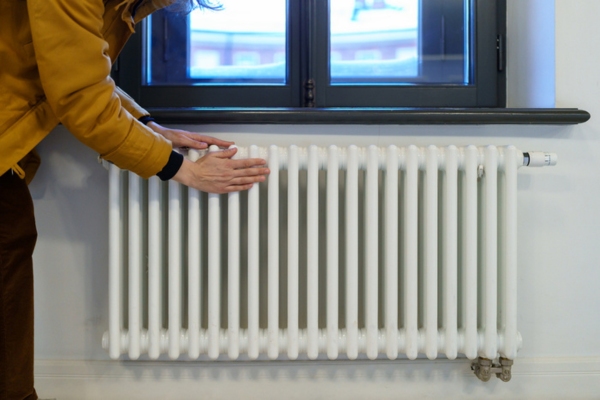
- Bleed Radiators: Release trapped air from radiators once a year to improve heat circulation and system efficiency.
- Ensure Proper Water Quality: Use clean, treated water in your system. Hard water may lead to scale buildup, which lowers performance. A water softener can help if needed.
- Insulate Pipes: Add insulation to exposed boiler pipes to minimize heat loss and safeguard against freezing during winter.
- Upgrade Heating Controls: Enhance efficiency by switching to programmable or smart thermostats that offer better control over heating.
- Keep Boiler Area Clean: Routinely clear dust and debris from the boiler and its surroundings to promote safe and effective operation.
Skylands Energy Service provides thorough boiler maintenance and personalized guidance tailored to your specific system. Routine service helps extend your boiler’s lifespan while maintaining top efficiency, leading to lower energy costs and consistent indoor comfort throughout the heating season.
Stay Warm, Stay Informed: Choose Skylands Energy Service for trusted boiler services backed by knowledge and experience. Call today.
Condensing vs. Non-Condensing Boilers: Common Questions
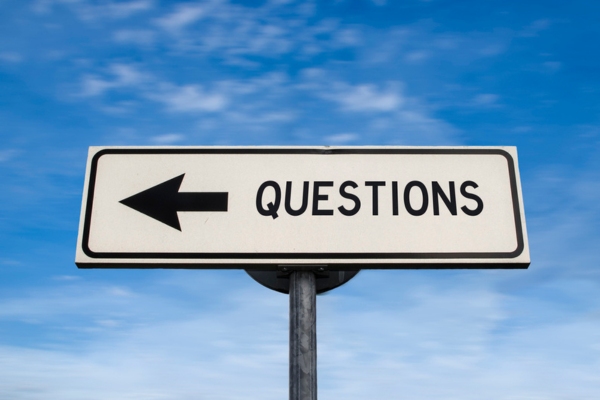
What Should I Know About Installing a Condensing Boiler?
Because condensing boilers manage condensate and often need updated flue arrangements, their installation may involve particular modifications. Consulting a qualified technician is important to assess whether your home can accommodate these needs and to ensure the system is installed correctly.
How Does the Operating Cost of a Condensing Boiler Compare to a Non-Condensing Model?
Although condensing boilers generally cost more upfront, their superior efficiency reduces fuel consumption and utility bills over time. In colder regions with greater heating needs, the long-term energy savings can make up for the initial investment, offering better overall value.
Do Condensing Boilers Have Unique Maintenance Needs?
Yes, condensing boilers have more advanced components, such as a secondary heat exchanger and a condensate drainage system, which require careful upkeep. Routine inspections and maintenance by a certified technician are crucial to keep the system operating efficiently and to address potential issues like condensate blockages or flue deterioration.
Expert Installation. Reliable Comfort: Skylands Energy Service ensures your boiler system is installed correctly for lasting performance. Contact us today.
Can Existing Radiators Be Used with a Condensing Boiler?
In most cases, condensing boilers are compatible with current radiator systems. However, some parts of the system may need evaluation or upgrades to benefit from the improved efficiency fully. A professional assessment can determine if adjustments are required to support optimal performance.
How Do Condensing Boilers Affect the Environment Compared to Non-Condensing Models?
Condensing boilers have a lower environmental impact because they extract more usable heat from the fuel they consume, resulting in greater efficiency and less waste. By capturing and reusing heat from exhaust gases, they significantly cut greenhouse gas emissions, offering a more sustainable solution for home heating.
Conclusion
Ultimately, selecting between a condensing and non-condensing boiler depends on evaluating factors such as energy efficiency, upfront and operating costs, environmental impact, and how well each system fits your home’s requirements. While condensing boilers deliver greater efficiency and eco-friendly advantages, non-condensing models appeal with their straightforward design and lower initial expense.
No matter which type you choose, consider long-term energy savings and compatibility with your current heating setup. For expert guidance and complete heating solutions, contact Skylands Energy Service. Our experts will help you make a well-informed decision that fits your home’s needs and maximizes efficiency.
Your Heating, Handled Right: Turn to Skylands Energy Service for quality boiler services with no surprises. Call now.
Contact Skylands Energy Service for Expert HVAC Solutions
Skylands Energy Service proudly delivers top-quality heating and cooling services throughout Central New Jersey. Our certified HVAC technicians specialize in everything from tune-ups and system repairs to full installations and replacements. Our team has extensive training and years of experience, which ensures every job is completed with accuracy and care.
We offer some of the most competitive pricing on HVAC services in Central New Jersey, helping you stay comfortable while managing energy costs. Our maintenance plans improve efficiency and extend system life, whether you need a minor repair or a complete upgrade. We’re committed to customer satisfaction and back all of our work with a solid guarantee.
Get in touch with Skylands Energy Service today to book your appointment and receive an in-home consultation. Call now!
Contact us now at (908) 707-1776 to find out more! To view our service area, click here.
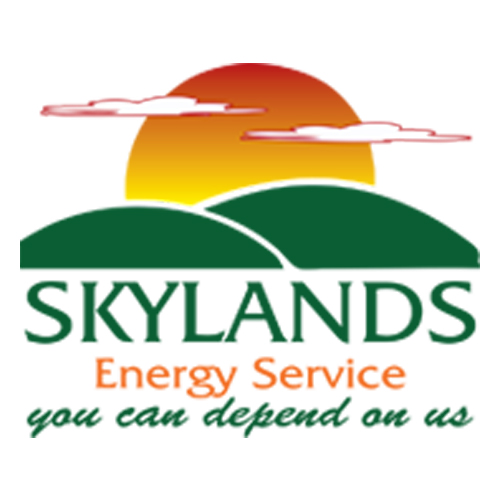
Related Articles:
